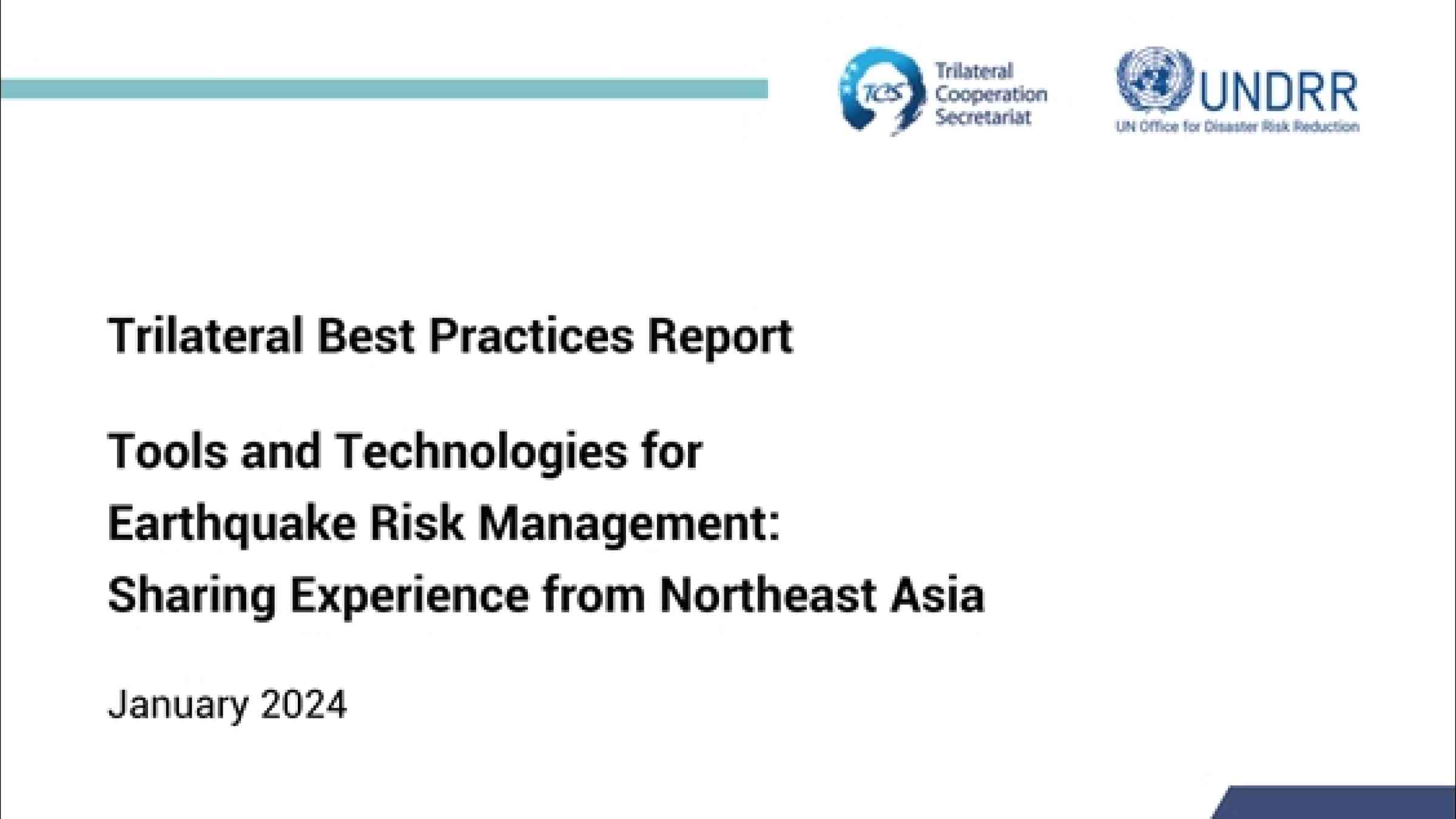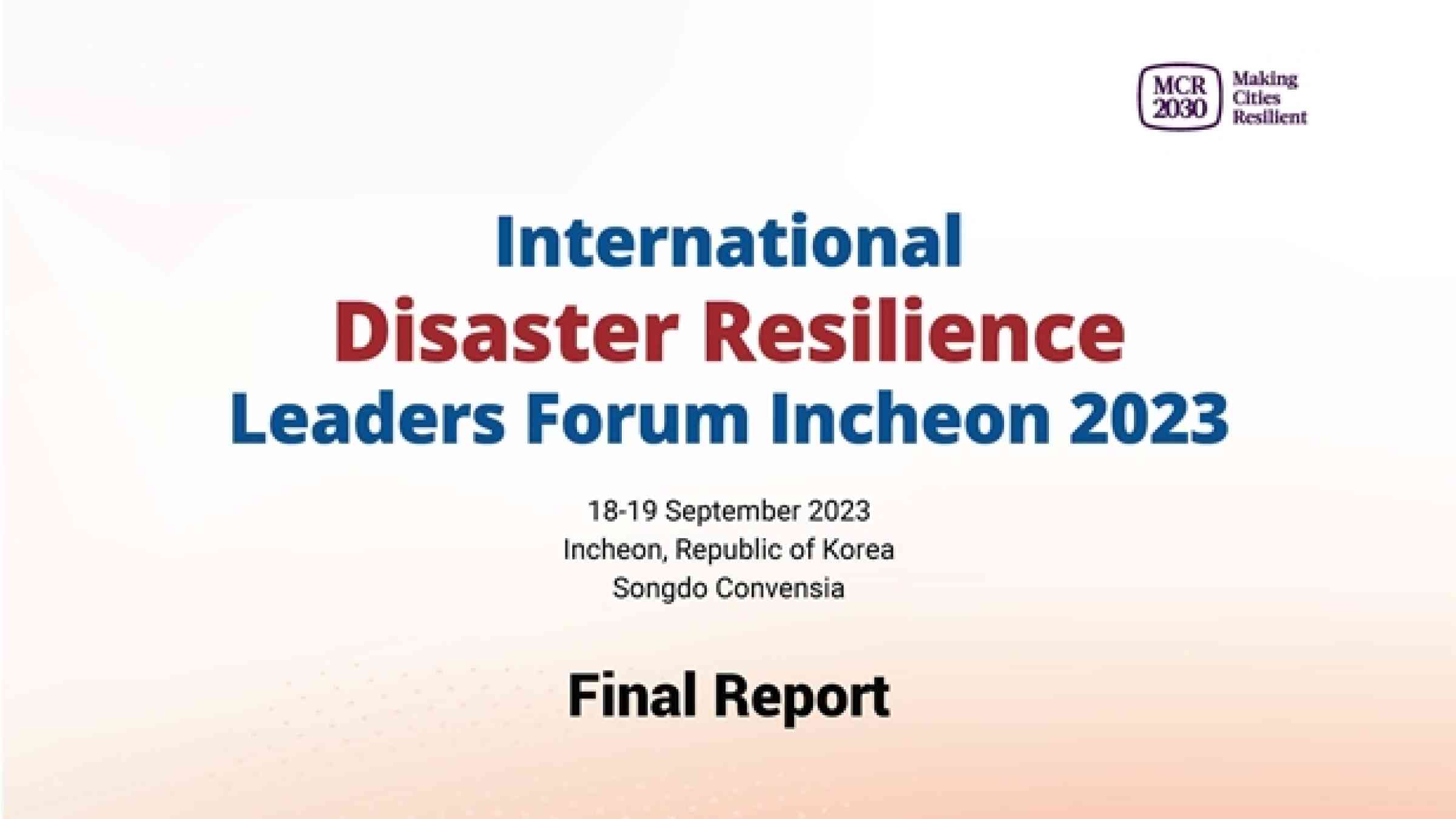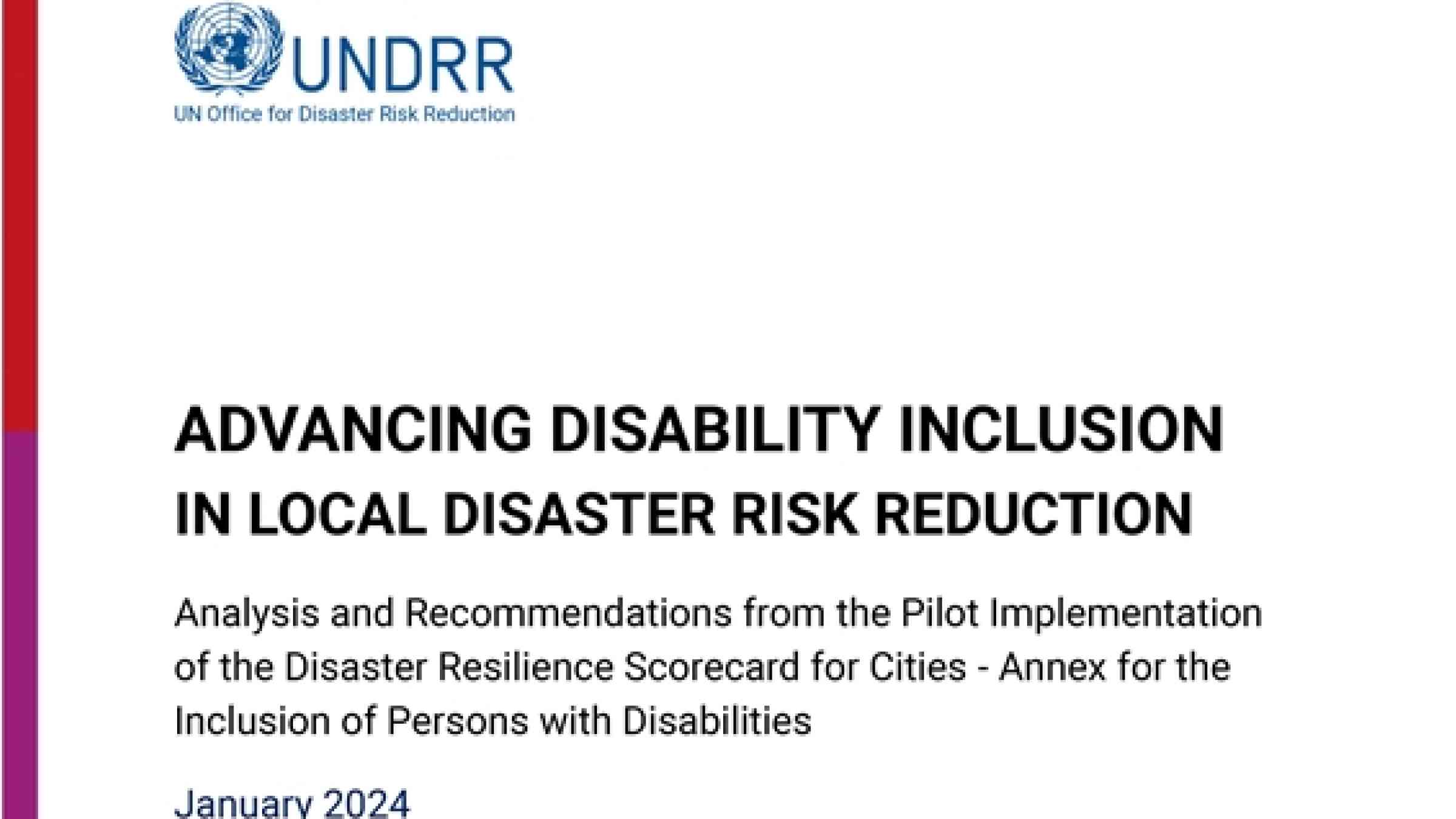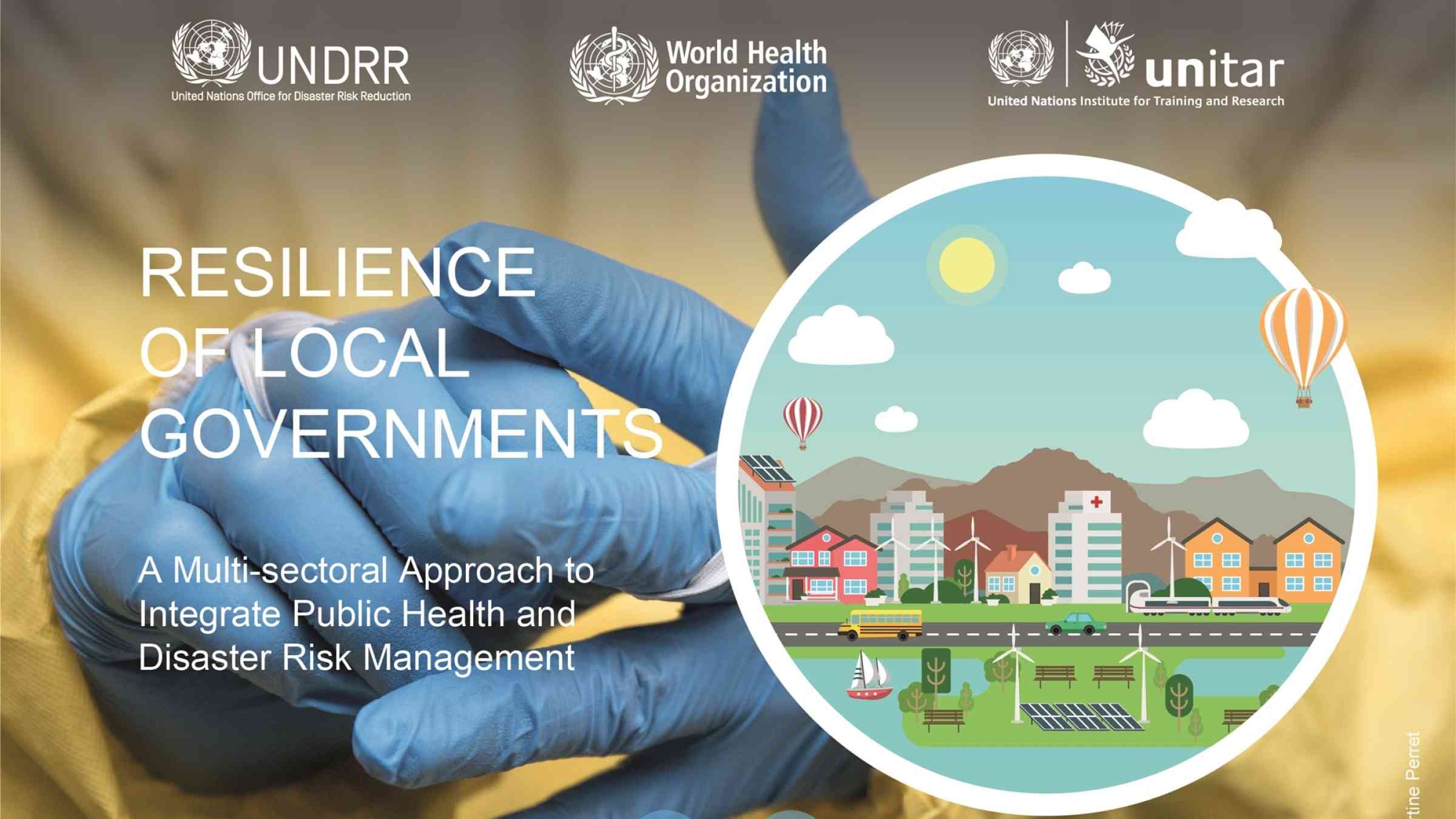Office for Northeast Asia & Global Education and Training Institute
UNDRR Office for Northeast Asia (ONEA) supports five countries: Republic of Korea, China, Japan, Mongolia and DPR Korea specifically to reduce disaster loss and risk and to ensure Sendai Framework for Disaster Risk Reduction 2015-2030 implementation.
Featured activities and engagements
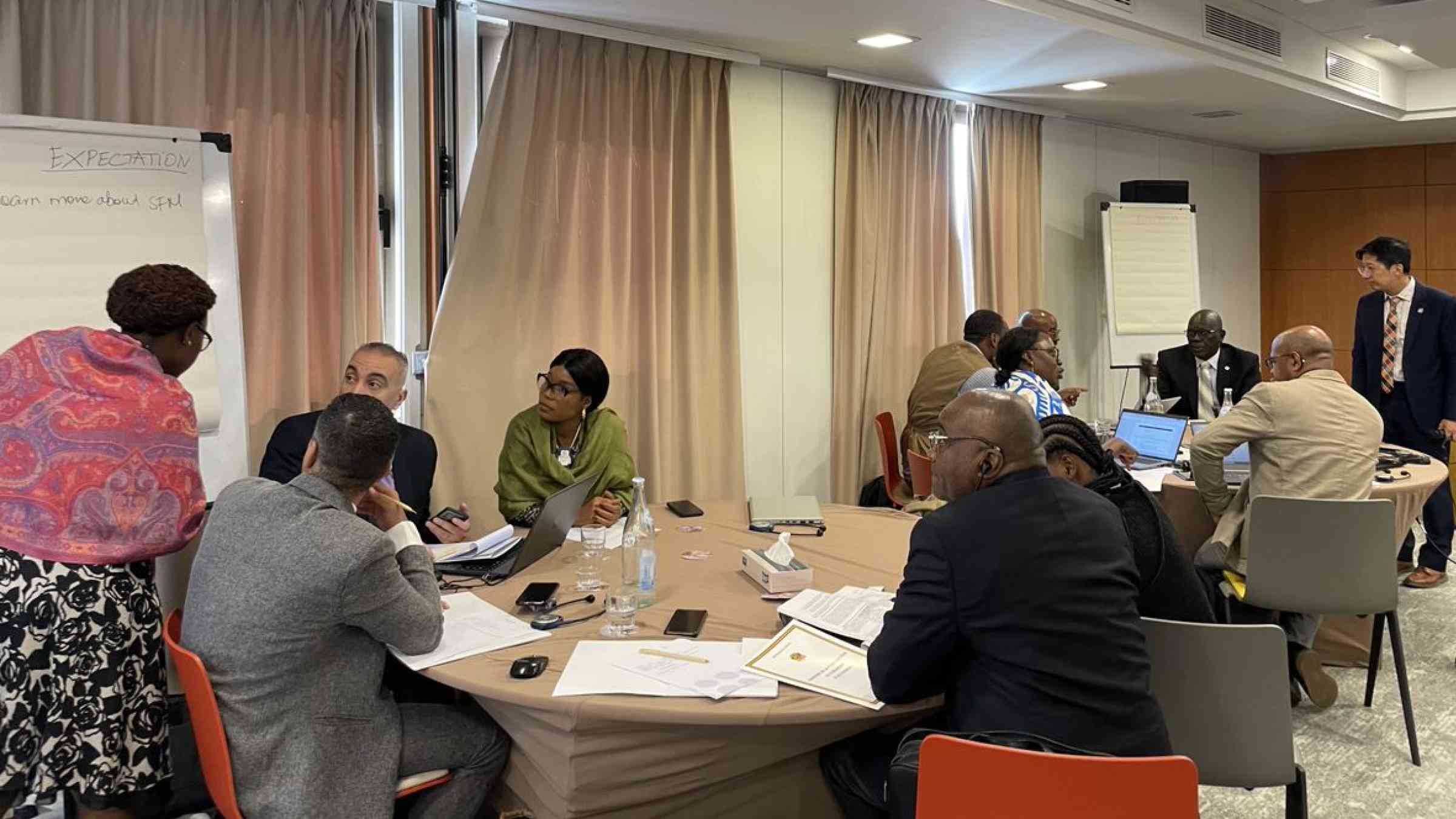
The Global Education and Training Institute (GETI) has a global mandate to provide capacity building support to mainstream disaster risk reduction and climate change adaptation into sustainable development; convene and support inter-city learning to strengthen resilience (Making Cities Resilient); and to provide capacity building and best practice sharing support to national training institutions working on resilience issues.
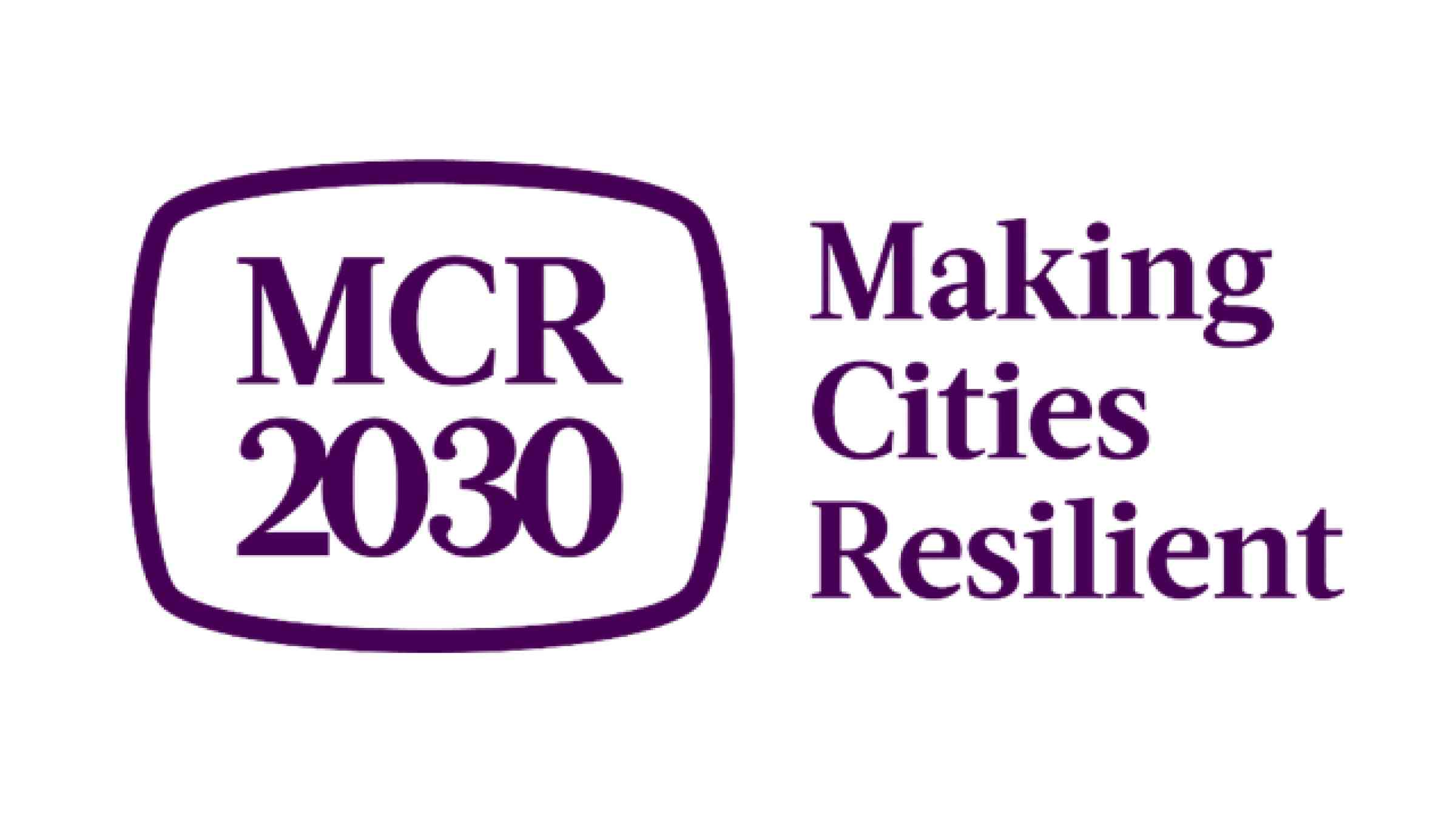
UNDRR and its partners initiated MCR2030, which brings together local governments and stakeholders to address issues of local governance and urban risk and resilience.
ONEA & GETI hosts the Global Secretariat for the MCR2030.
ONEA & GETI hosts the Global Secretariat for the MCR2030.

Quarterly updates on activities and impact are available in our newsletter.
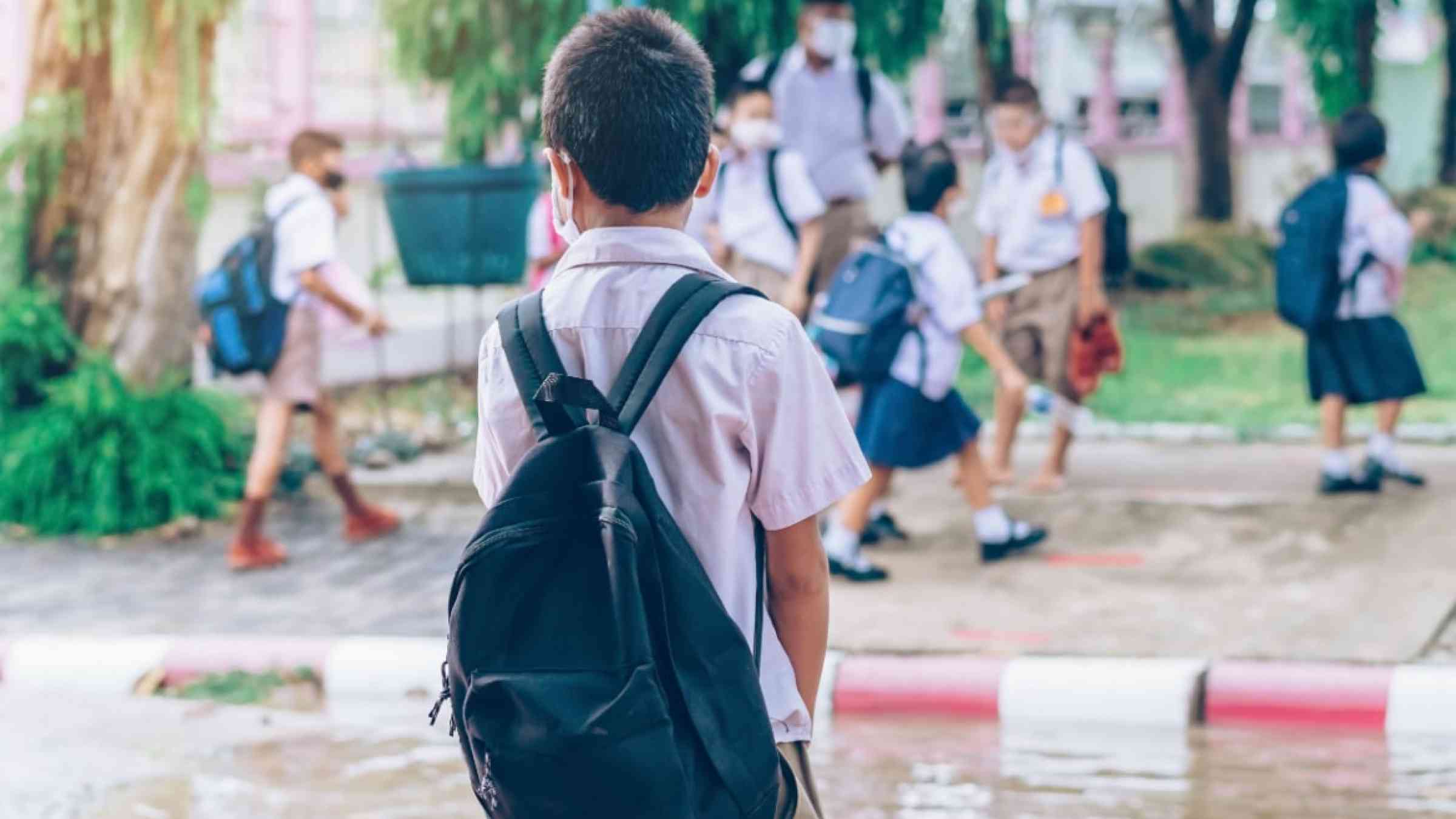
This programme supports the Sendai Framework for Disaster Risk Reduction 2015-2030 by providing space and modalities for children to contribute to DRR and become youth agents of change.
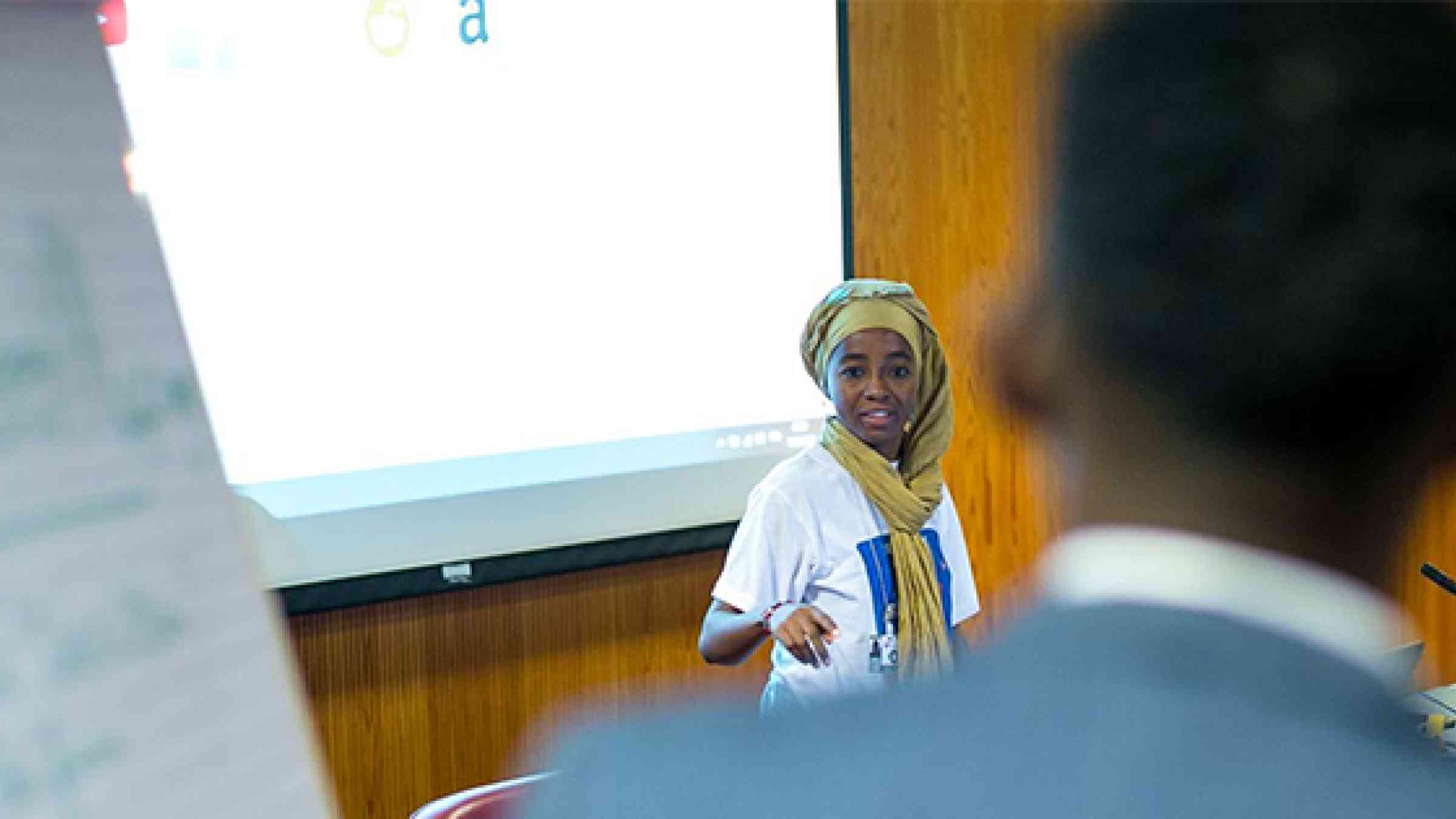
Activities by UNDRR ONEA & GETI for capacity development and implementation of Sendai Framework.
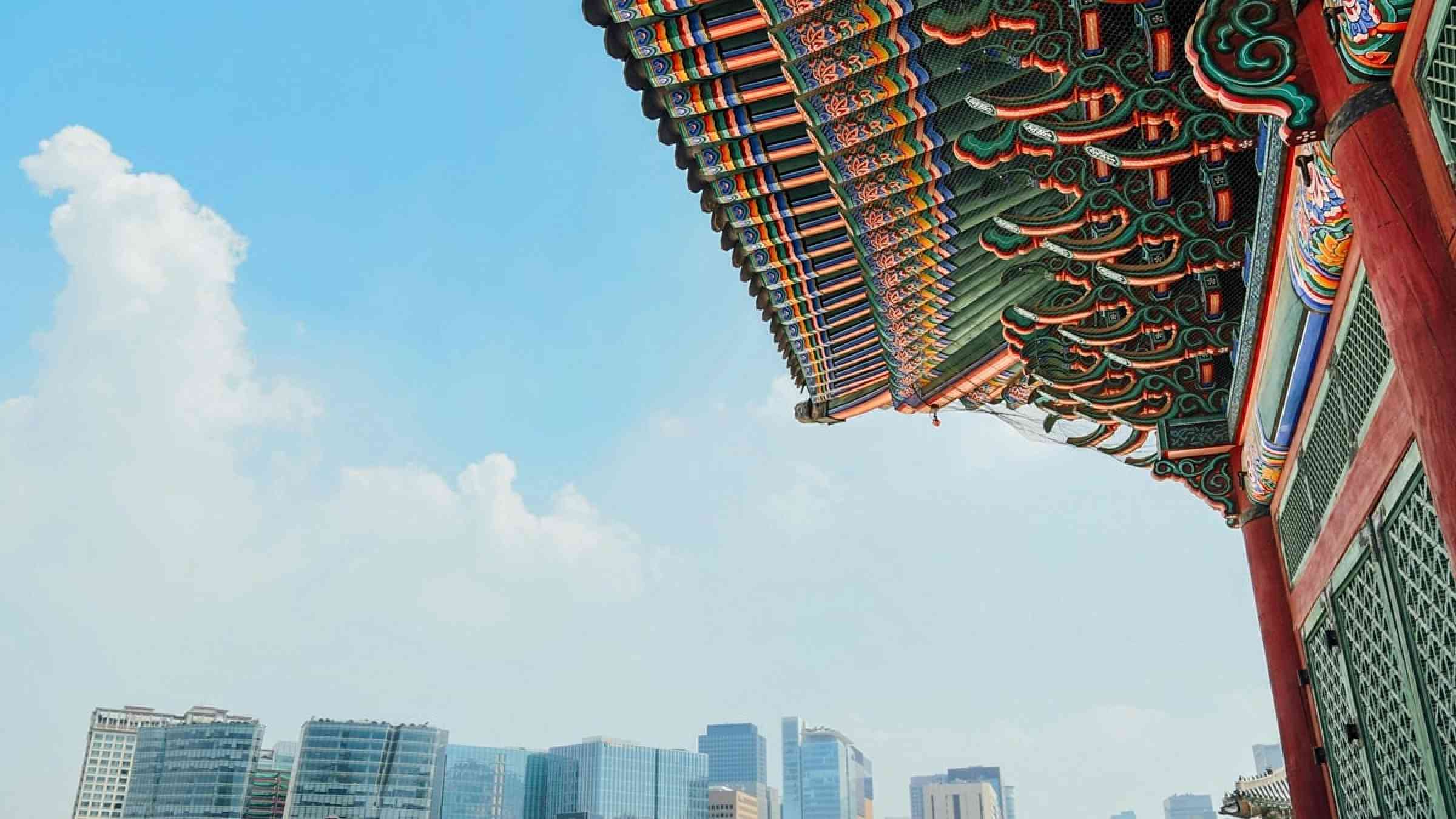
유엔 재난위험경감사무국 동북아사무소 및 국제교육훈련연수원(UNDRR ONEA & GETI)에 대한 정보 및 최신 뉴스레터.
Latest updates
Latest training and e-learning
Developing Capacity for Sendai Framework implementation.
View sample courses for:
Contact us
UNDRR ONEA & GETI
4F G-Tower
175 Art Center dae-ro, Yeonsu-gu
22004 Incheon, Republic of Korea
Phone: +82 32 458 6551/6570
Fax: +82 32 458 6599
Email: undrr-incheon@un.org

